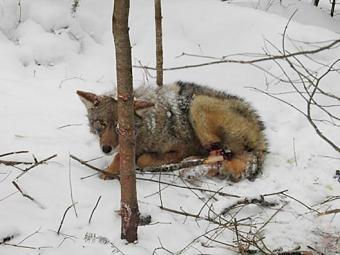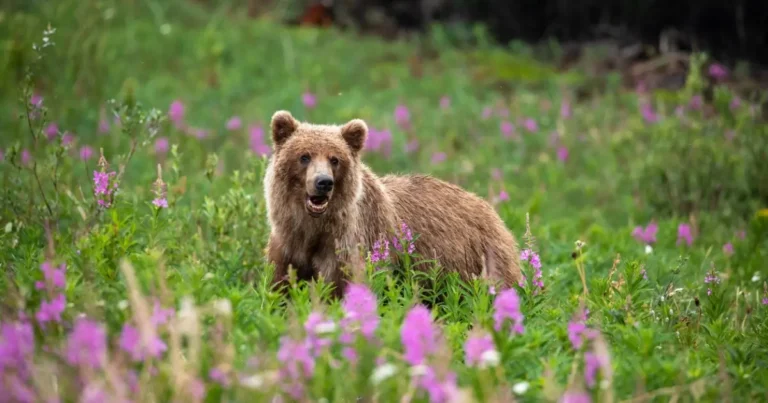
In it, the trappers state that the individuals who rescued the animal were ignorant of the law and therefore should not be charged for interfering with a legal trap line. Given that current regulations in Ontario require no signage, no identification tags and no public disclosure of trap line locations or usages, we would agree that the individuals involved should not be charged.
In fact, we think the individuals involved should be rewarded for their work. After all, if this was an ethical industry, as the trappers state it is, clearly, the animal would not have been left to suffer for the multiple hours during which the rescue took place. In fact, the animal would not have been left to suffer for as long as 24 hours. Granted, that’s the regulation that’s in place – one that, with only 180 front-line Conservation Officers for the entire province, is virtually impossible to enforce.
Further, if one “accidental” injury is possible – and we know that there are a great many more, some of which involve domestic pets – then perhaps the industry is not as highly regulated or ethical as the group claims. One only need to look at the deer who is traversing the area with a wire snare embedded around his neck for proof of this.
In the automotive industry, one seatbelt failing to lock and allowing the maiming of an individual will get millions of vehicles recalled and cost a company hundreds of millions in lost revenue. Yet we would deem any action less than that unacceptable.
It’s time to look at trapping for what it is – an outdated, inherently cruel industry that fewer people support every year. It's time for Canadians to learn the truth about trapping.
